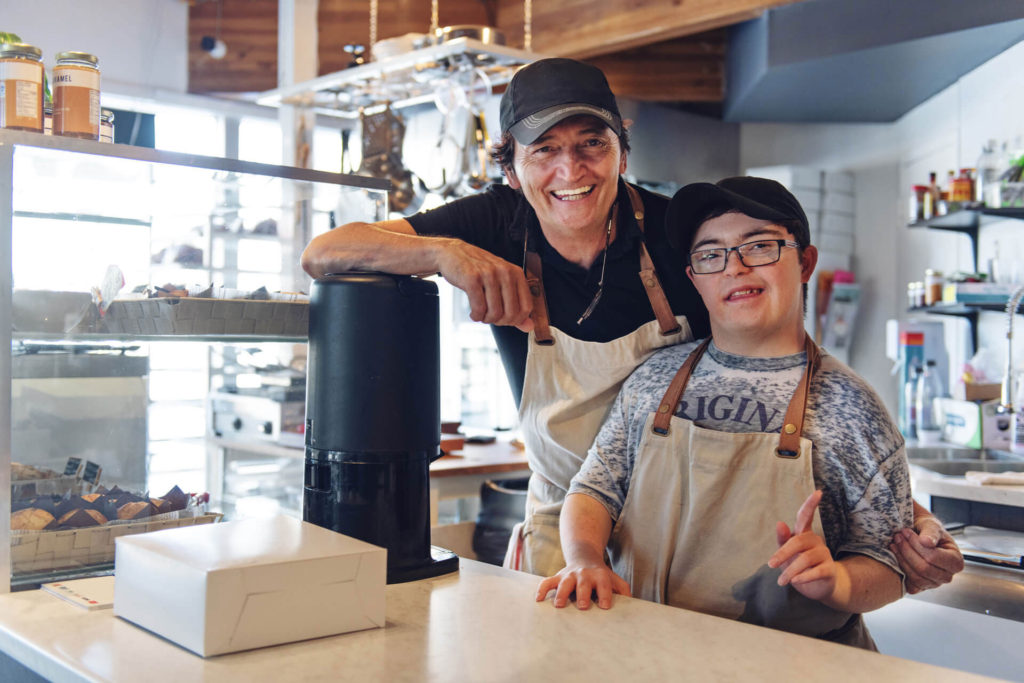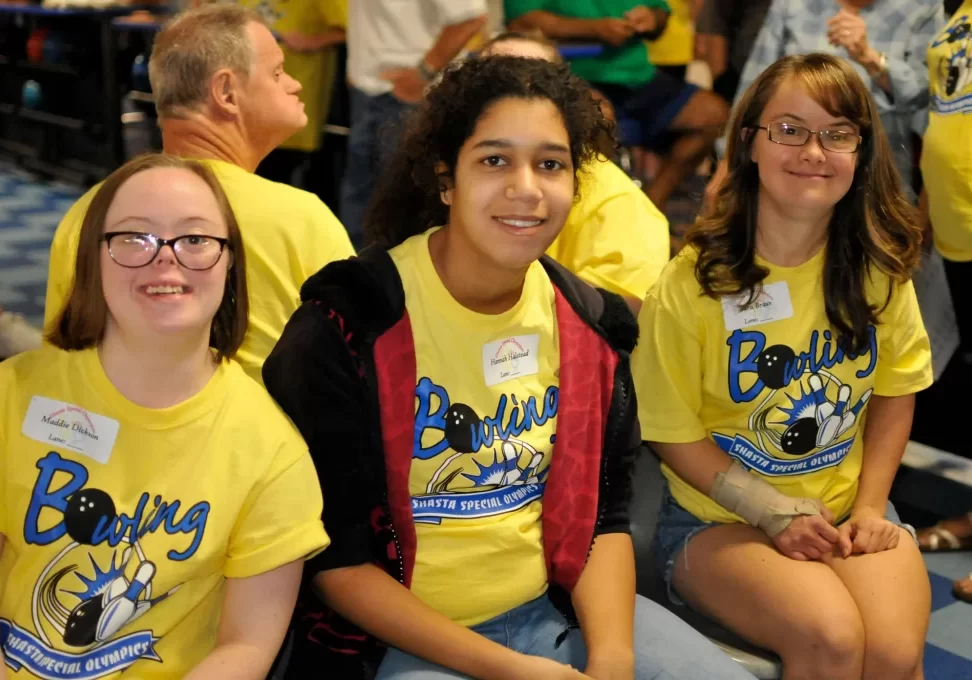Most people are aware of the discrimination that disabled people face daily, but many don’t know that there’s a name for it — ableism. It comes in many forms, and some are more obvious than others. Ableism is rooted in the assumption that people with special needs need to be “fixed” and includes harmful misconceptions, generalizations, and stereotypes of people with disabilities. It’s based on the outdated belief that non-disabled people, or people with typical abilities, are superior.
Ableism is as toxic as racism or sexism, although it’s much less acknowledged or discussed. Opening up discussions on what ableism is and recognizing it is just one of the critical steps to preventing it.
The first step in preventing ableism is recognizing it
We can do many things to combat and prevent ableism, but the first step is recognizing ableism when we see it. Some forms of ableism are blatant, while others are more subtle.
Failing to make accommodations for all abilities
One type of ableism that most people are familiar with is inaccessibility. Not incorporating accessibility into public building designs or failing to upgrade buildings and venues to be accessible to all is a common form of discrimination. This also includes putting braille on elevator buttons and signage. Choosing to host a meeting or an event in an inaccessible venue is also a form of ableism as it may automatically exclude some participants.
Lack of compliance with disability rights laws such as the Americans with Disabilities Act (ADA) is another typical form of ableism. Failing to provide reasonable accommodations such as online or curbside shopping for those who can’t physically shop in a store or a reasonable accommodation that would enable an employee to perform their job are examples of ADA violations.
Using accessible resources when you don’t need them
On the flip side, abusing the ADA and claiming to have a disability to get access to something you may not otherwise be entitled to is also considered ableism. One of the most common types of ableism is when people use an accessible resource when they don’t need it, such as accessible parking spaces and mobility scooters in retail stores. Using the accessible bathroom stall when you can use the non-accessible stall is also a routine occurrence.
Victim blaming, making assumptions, mocking
Assuming a person with a disability can’t communicate for themselves or talking to them like they are a child.
Victim blaming; blaming a person or their lifestyle for “creating” their disability.
Telling a person with a mental health condition such as depression to “snap out of it.”
Assuming that someone who doesn’t have a visible disability is not disabled.
Mocking people with disabilities with phrases such as:
“You’re so retarded.”
“You’re acting bipolar today.”
“Are you off your meds?”
Even well-meaning comments and actions can take a severe toll on their recipients(and their parents). I’ve been asked multiple times if someone can pray over my kids with special needs to “heal” them. While the intentions are good, it’s ableist in nature because it assumes that they want or need to be “fixed.”
Education, acceptance, respect and inclusion can stop ableism
One of the most important things we can do to stop ableism is education. Talk about disability openly and honestly with your children. If you have questions about specific disabilities or you’re just not sure how to approach the topic, there are plenty of resources on the internet or at your local library.
Remember these dont’s
Don’t avoid interacting with someone because their disability makes you or your children uncomfortable. Interactions such as these are perfect teachable moments about acceptance and respect.
Don’t presume someone with a disability can’t speak for themselves or understand what’s being said, especially teenagers and adults. Many people with disabilities are considered “non-verbal,” but this doesn’t mean they cannot use their voice. Make sure they have a place at the table, especially when decisions are being made about them.
Don’t exclude children with special needs from birthday parties or events that all of their classmates are invited to.
Don’t stop inviting someone to events and activities because their disability or their loved one’s needs has caused them to cancel in the past.
Don’t make disabilities into an insult or use them as a punchline—words matter. While society has come a long way toward being more inclusive, we still have a lot of work to do.
Posted in: Uniquely Us
Comment Policy: All viewpoints are welcome, but comments should remain relevant. Personal attacks, profanity, and aggressive behavior are not allowed. No spam, advertising, or promoting of products/services. Please, only use your real name and limit the amount of links submitted in your comment.
You Might Also Like...
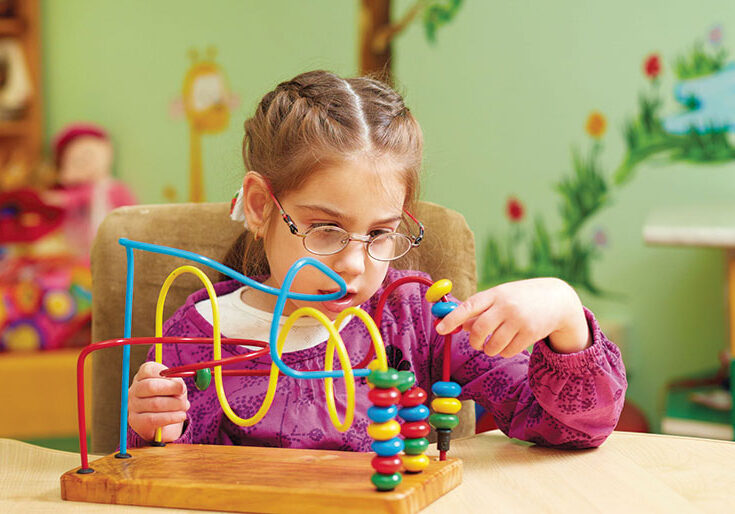
The Challenges of Finding After-School Care
As any parent of a child with special needs can attest, finding reliable, trustworthy childcare is difficult. It is even more so when it comes to searching for after-school care. […]
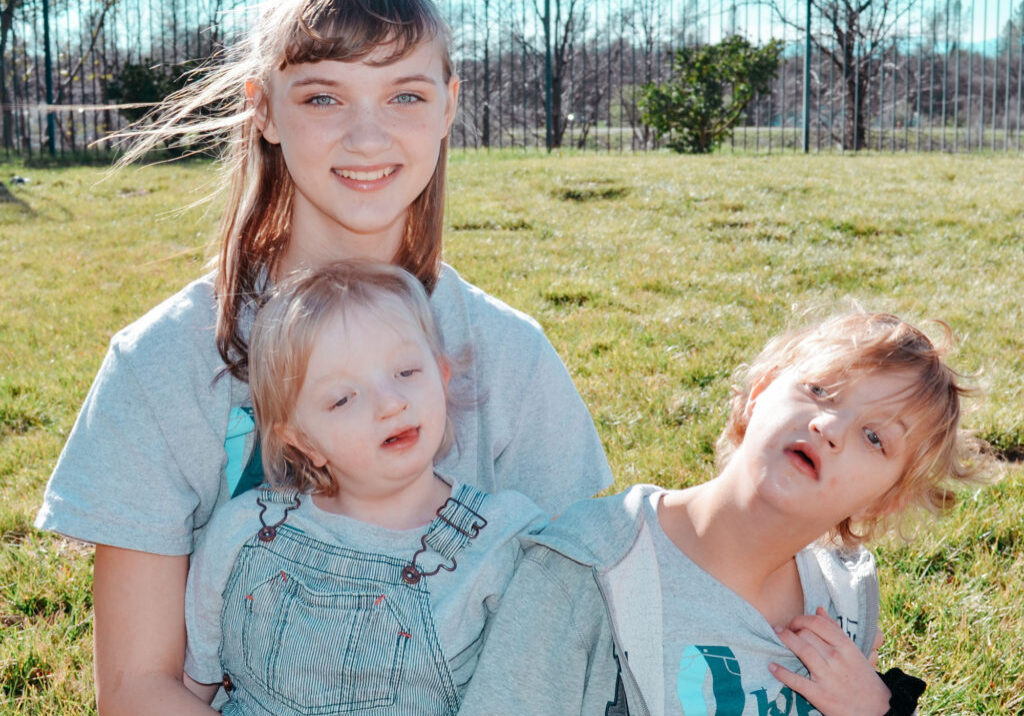
Rare Genes Day – Raising Awareness in the North State
Rare Disease Day — also known as Rare Genes Day — is a globally coordinated movement that takes place around the last day of February, and will be celebrated with […]
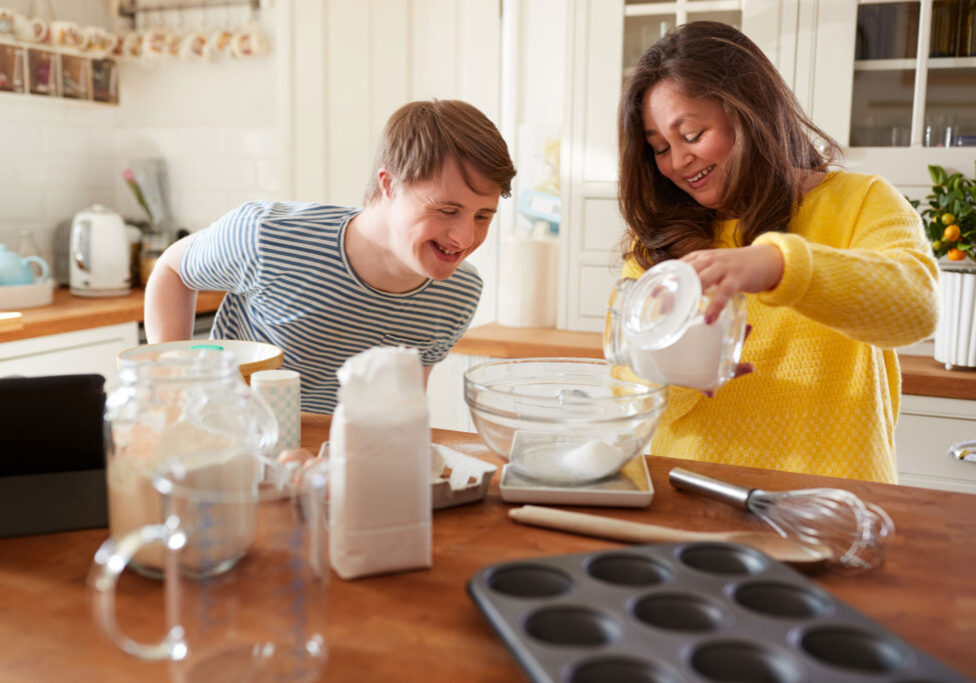
Cooking — A Functional Life Skill That Fosters Independence
Functional skills are the abilities that enable a person to be independent. One of the most important goals of any parent or caregiver of a child with special needs is […]
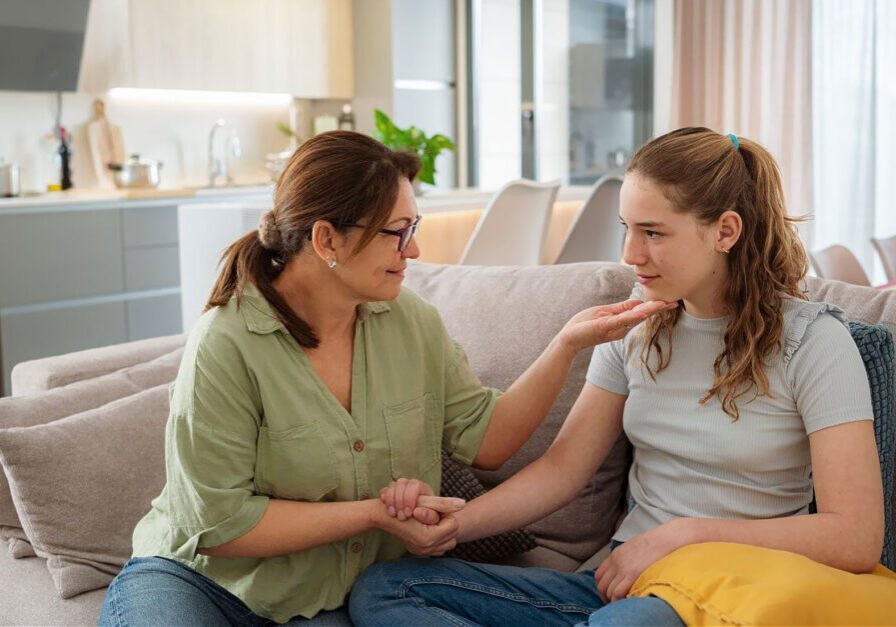
Supporting Kids with Invisible Disabilities
This month is Mental Health Awareness Month and it’s the perfect time to gain a better understanding of invisible disabilities and how to best support the children who live with […]



